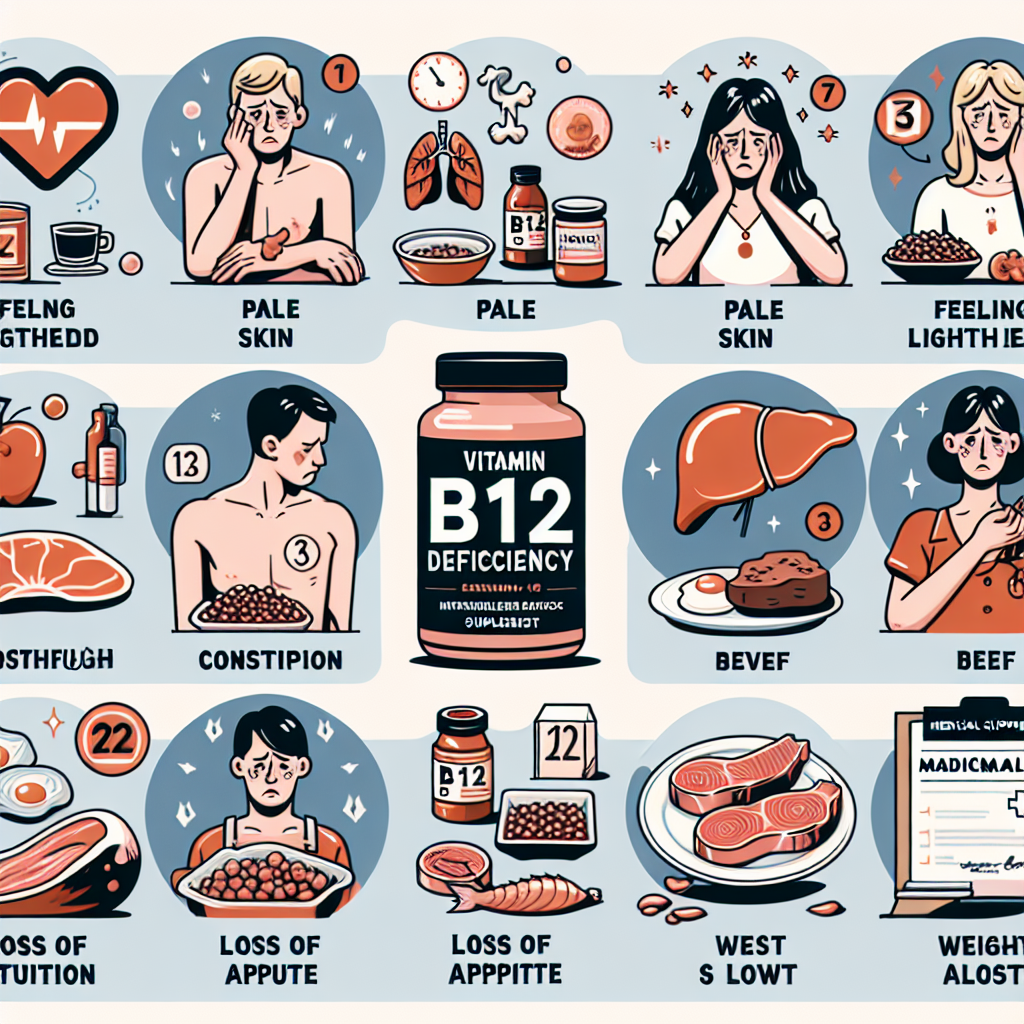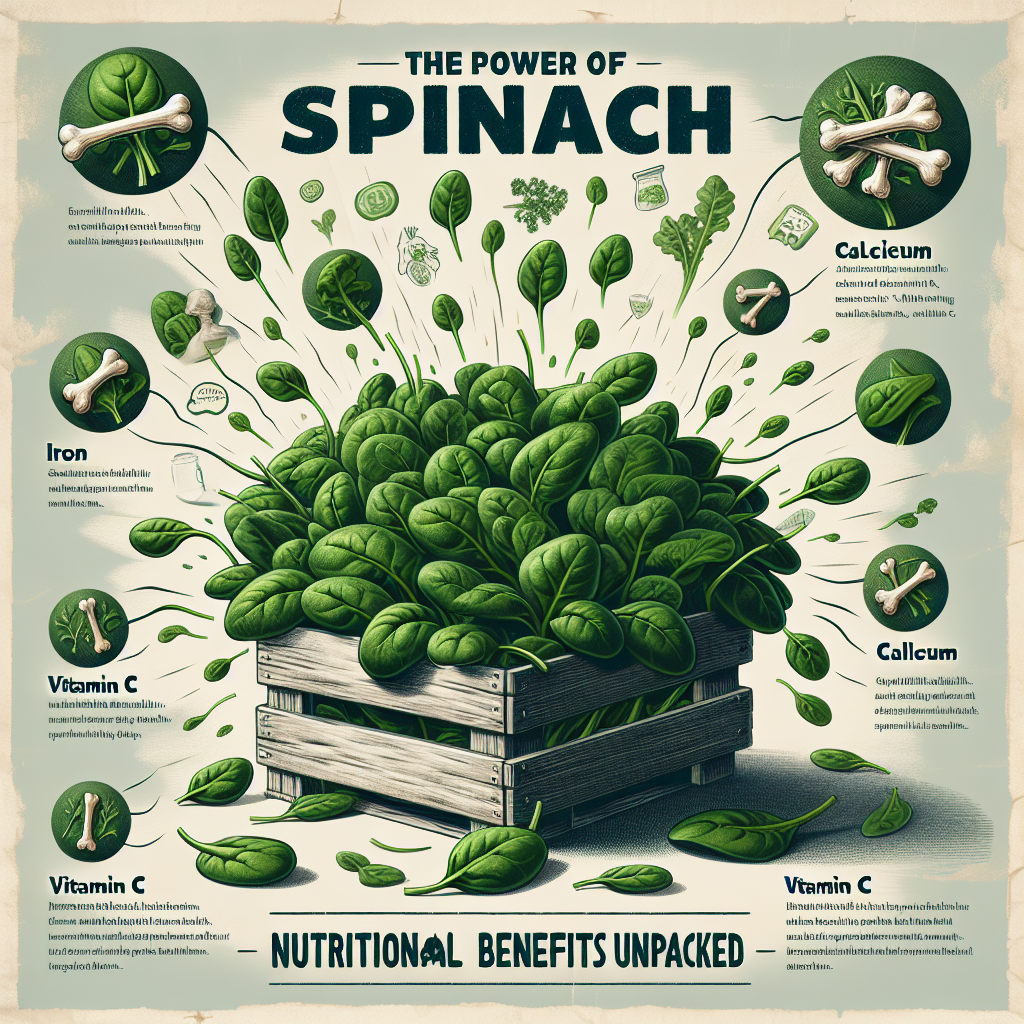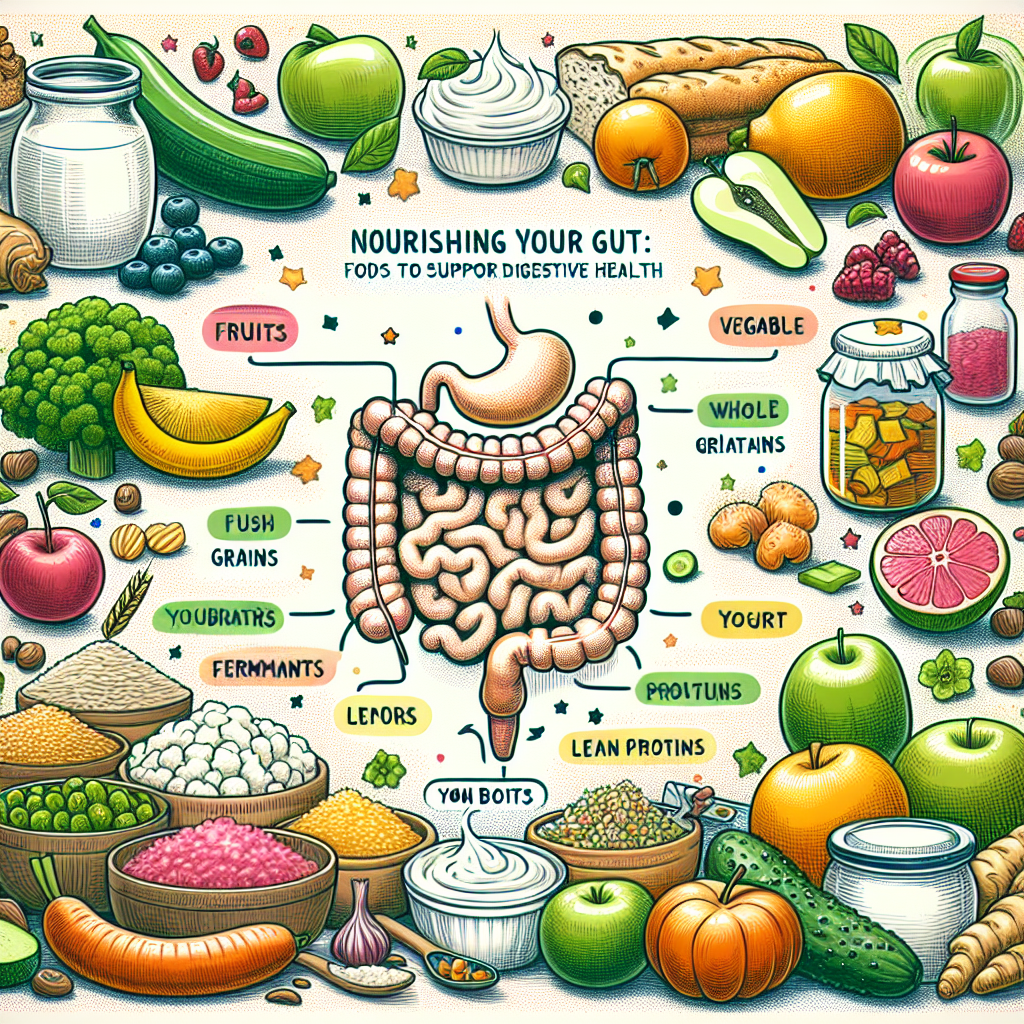Key Signs of Vitamin B12 Deficiency and How to Fix It
1. Understanding Vitamin B12 Deficiency
Vitamin B12, also known as cobalamin, is an essential nutrient that your body needs to function properly. It plays a crucial role in the production of red blood cells, maintenance of the nervous system, and synthesis of DNA. A deficiency in Vitamin B12 can lead to a variety of health issues, and understanding the signs can help you address any potential problems early on.
Statistics indicate that about 1.5% of the American population is affected by Vitamin B12 deficiency. This number rises with age, with older adults facing a significantly increased risk due to less efficient absorption of nutrients.
2. Fatigue and Weakness
One of the most common signs of Vitamin B12 deficiency is pervasive fatigue. Because B12 is essential for red blood cell formation, a deficiency can lead to decreased oxygen transport throughout the body, resulting in feelings of weakness or lethargy. A study published by the National Institutes of Health noted that over 90% of those with B12 deficiency reported feelings of chronic fatigue, often mistaken for other ailments.
To remedy this, increasing your B12 intake through dietary changes can restore your energy levels. Foods rich in B12 include meat, fish, dairy products, and fortified cereals. For vegetarians and vegans, B12 supplements or fortified plant-based foods may be necessary to ensure adequate intake.
3. Nerve Problems
Vitamin B12 is vital for maintaining the health of your nerve cells. A deficiency can lead to neurological issues such as numbness, tingling, or a “pins and needles” sensation in the hands and feet. This occurs due to the impaired myelin sheath surrounding the nerves, leading to communication breakdown between the brain and the body.
According to studies, approximately 25% of people with Vitamin B12 deficiency experience nerve-related symptoms. Early treatment is crucial to prevent long-term damage. Remedial action includes vitamin B12 injections or sublingual supplements, which bypass the digestive system for better absorption.
4. Cognitive Changes
Vitamin B12 deficiency can also impact cognitive function. Many people report memory problems, difficulty concentrating, and even mood changes such as depression or anxiety. The Brain Health Library suggests that adequate B12 levels improve cognitive performance, and deficiencies have been linked to cases of dementia and Alzheimer’s disease.
To counter cognitive decline, integrating B12-rich foods and considering cognitive-boosting supplements can be beneficial. Regular mental exercises, such as puzzles and reading, also help maintain cognitive health.
5. Glossitis and Mouth Ulcers
A less known but telling sign of B12 deficiency is glossitis, characterized by a swollen, inflamed tongue. Symptoms may also include mouth ulcers, changes in taste, or a burning sensation. Research indicates that more than 20% of patients with a B12 deficiency exhibit oral manifestations.
To remedy oral symptoms, consumption of B12-rich foods can be effective. Additionally, topical treatments for mouth sores may provide relief while dietary adjustments ensure you get enough B12.
6. Vision Problems
Vision problems, specifically blurred or disturbed vision, can occur due to damage to the optic nerve stemming from a Vitamin B12 deficiency. A study indicated that 25% of individuals suffering from deficiency reported vision disturbances, showcasing the far-reaching effects of this vitamin on overall health.
Addressing these symptoms involves a multi-faceted approach. Apart from increasing Vitamin B12 intake, consulting with an ophthalmologist for thorough eye examinations is crucial. Opt for comprehensive eye care to monitor changes and provide early intervention if needed.
7. Anemia
Vitamin B12 is essential for red blood cell formation, and a deficiency often leads to a specific type of anemia known as pernicious anemia. Symptoms of anemia include pale skin, shortness of breath, and dizziness. Studies show that approximately 90% of individuals with significant vitamin B12 deficiency experience some form of anemia.
Consulting a healthcare provider for a complete blood count can help identify anemia. Remedies include B12 injections, oral supplements, and dietary changes to include iron-rich foods to combat anemia while simultaneously addressing the root cause.
8. Remedies for Vitamin B12 Deficiency
The most effective way to remedy a Vitamin B12 deficiency is through dietary changes. Incorporating foods such as beef, fish, poultry, eggs, and dairy products can help restore normal levels. For individuals who follow plant-based diets, fortified foods like cereals, nutritional yeast, and plant-based milks are essential.
In cases of severe deficiency, medical intervention may be necessary. Vitamin B12 injections administered by a healthcare professional can rapidly increase B12 levels in the body. Sublingual tablets and nasal sprays may also be prescribed, providing alternative options for effective supplementation.
9. Regular Screening
Regular monitoring of Vitamin B12 levels, especially for high-risk groups such as older adults, vegetarians, and people with gastrointestinal disorders, is essential. Blood tests that measure both vitamin levels and methylmalonic acid can indicate deficiency effectively. Early detection and lifestyle adjustments can prevent serious health complications.
In conclusion, recognizing the signs of Vitamin B12 deficiency is vital for maintaining overall health. From addressing fatigue and cognitive changes to seeking remedies, awareness and timely interventions can lead to a healthier life. Incorporating dietary sources of B12 along with regular health check-ups can create a robust strategy to combat potential deficiencies. Maintaining optimal Vitamin B12 levels is not just about bone health and nerve function—it is integral to overall vitality and well-being.




Post Comment